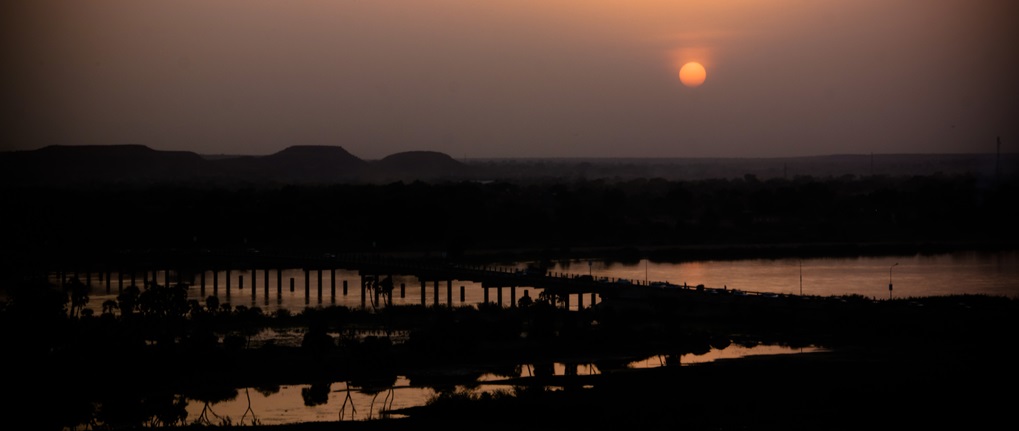Nnanna Ejekwe is a subsistence farmer in the in the Imo State of southeastern Nigeria. Formerly self-sufficient, the father of six now spends over 70% of his earnings on buying the food he used to grow.
His farms near the Amafor River are now largely unproductive, due to the massive soil erosion that has ravaged the communities since the Umuaku Forest was clear-cut by a timber company (supposedly with government permission).
Now, the Umuaku Forest is a wasteland, with only a few pathetic trees still standing. This story is repeated thousands of times over, all around the country. The once heavily-forested nation now has only 7% forest cover.
But that destruction is nothing compared to the massive horror show of pollution in the Niger River Delta, where oil companies (primarily Royal Dutch Shell) have for decades spilled millions of gallons of oil, due primarily to shoddy maintenance of their pipelines. With their stranglehold on politics in Nigeria, the oil firms have long avoided cleaning up the spills or restoring the environment, and most local people accuse Shell of ordering the execution of beloved environmental activists.
But now, there’s good news on two fronts. Back in 2008 and 2009, Royal Dutch Shell’s 55-year-old pipeline ruptured and spilled millions of liters of crude oil into the creeks and shores of Bodo. That was nothing new, of course. What’s new is that Shell has actually begun the clean-up of the contaminated fishing community. This doesn’t represent a change of heart: Shell fought and delayed the cleanup for over 10 years. But it does represent some semblance of restoring government by the people.
As with almost all other countries that have massive oil wealth (Norway being a rare exception), that wealth hasn’t translated into wealth for the people. Not only are most Nigerians desperately poor: most (ironically) don’t even have electricity. This severely curtails economic growth. The rapid recent reductions in the cost of renewable energy technologies is now expected to help the nation leapfrog over outdated fossil fuel power generation.
A nationwide energy retrofit program to renovate and “green” existing buildings is now getting underway. In September of 2017, Nigeria’s first building energy efficiency code was officially launched by the Minister for Power, Works and Housing, Babatunde Fashola.The program is a partnership with the German Development Agency (GIZ), the Nigerian Energy Support Programme and the Federal Ministry of Power, Works and Housing.
Besides getting Shell to finally start cleaning up its toxic mess, the other good news is that, on December 18, 2017, Nigeria became the first country on the African continent to issue a security that raises funds for environmental projects after the launch of its Sovereign Green Bond.
The federal government issued N10.69bn ($30 million) worth of green bonds with Chapel Hill Denham acting as the financial advisor.
The offer will be listed on the Nigeria Stock Exchange and the FMDQ OTC Securities Exchange as of January 2018, and is the first tranche of a N150 billion ($450 million) Green Bond program that many hope will launch a restoration economy in Nigeria.
The country plans to use the bond to finance projects in its 2018 budget, including renewable energy micro-utilities and reforestation programs.
Photo of Niger River via Adobe Stock.

